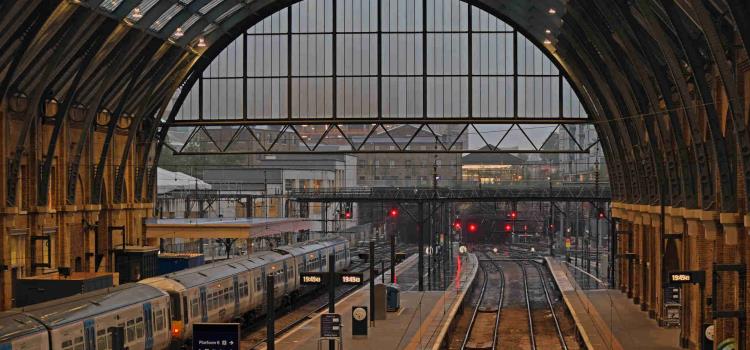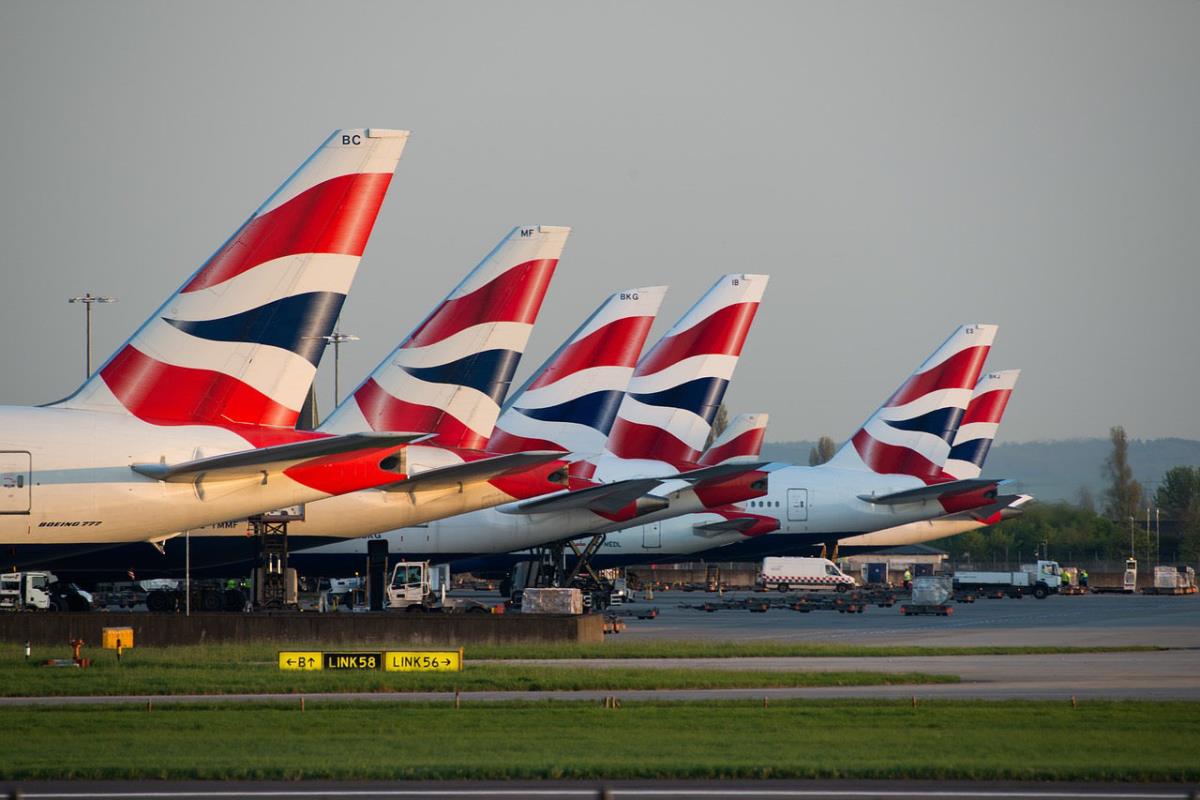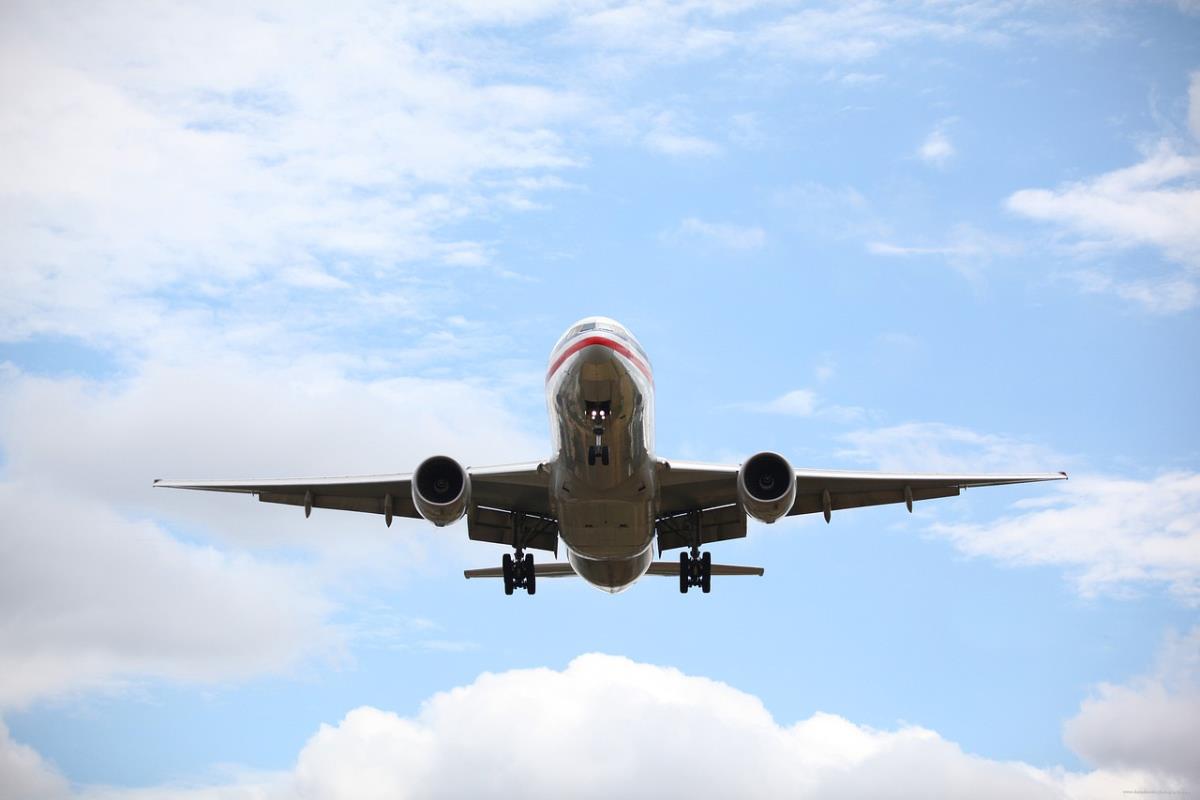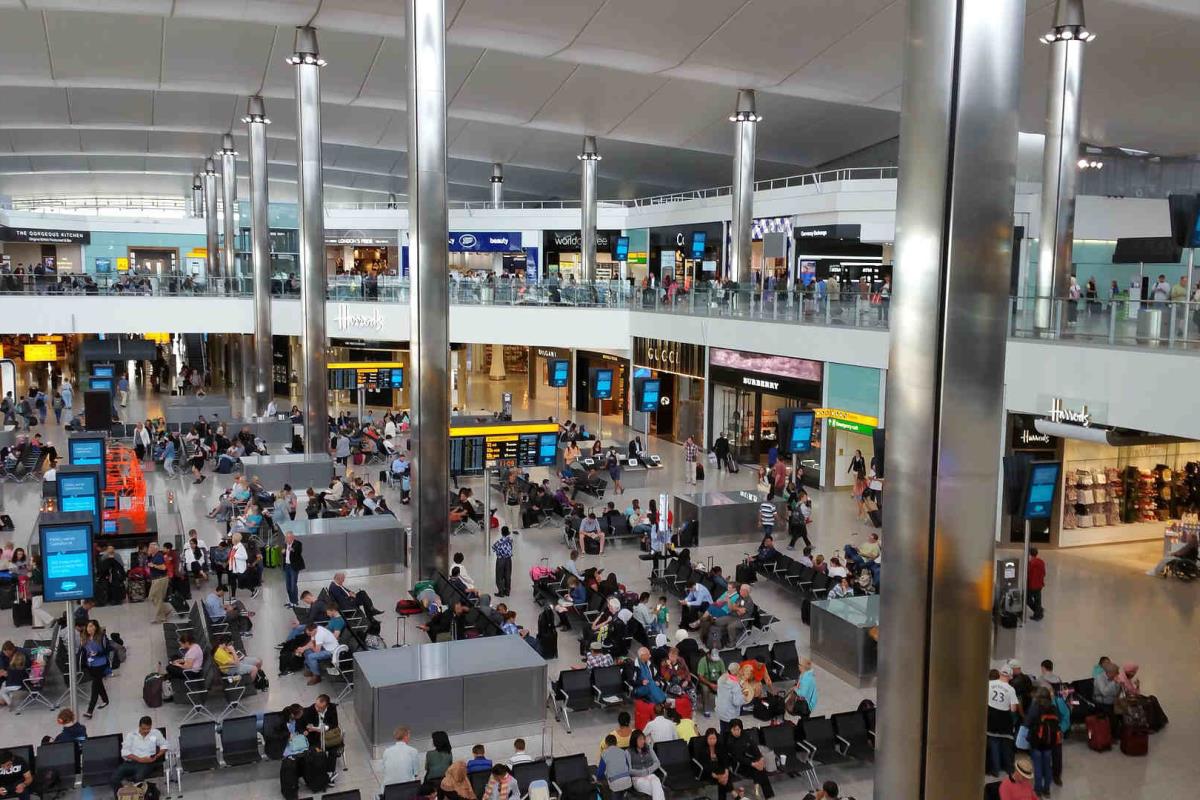
As the bank holiday weekend approaches, travellers across England are gearing up for significant disruptions due to a rail strike organised by the RMT union. With some 20,000 members of the union from 14 rail companies participating, this strike stems from an ongoing disagreement over pay, marking the 24th such action since last summer.
The impact of this strike will be felt far and wide, particularly by those planning to attend major events this weekend. Commuters and event-goers alike are set to face considerable challenges navigating their journeys.
Affected passengers should brace themselves for a reduced timetable across much of England. Not only will approximately half of the usual train services be operational, but in many areas, services will commence later and conclude earlier than usual. Scotland and Wales will also experience some disruptions, adding further complexity to travel plans.
Unsurprisingly, this action has garnered criticism from various quarters. The Rail Delivery Group, which represents operators, has condemned the strike as a deliberate attempt to inconvenience passengers looking forward to sporting events, festivals, and the tail end of the summer holidays. The Night Time Industries Association, a trade group, dubbed the strike "reckless," warning of potential chaos at major events due to the limited transport network.
The rail industry has been plagued by strikes, with both the RMT and the train drivers' union Aslef having initiated multiple actions since last summer, causing significant disruptions. The RMT's current strike, which stems from an unresolved pay dispute, highlights the union's dissatisfaction with the industry's latest proposals.
The upcoming weekend is not the end of the turmoil, as further strike action is slated for September 1-2. Aslef members plan to strike on Friday, followed by RMT members on Saturday. The autumn could see an escalation in industrial action by Aslef, though details are yet to be released.
Compounding the disruptions caused by the strikes, engineering works will contribute to travel challenges. Network Rail has announced extensive track and sleeper installations, along with the laying of thousands of tonnes of ballast. While Network Rail asserts that careful planning has been employed to minimise the impact on passengers, travellers are advised to verify their journeys before setting out.

Meanwhile, discussions surrounding ticket office closures have added another layer of tension to the ongoing rail disputes. Operator plans to close ticket offices have elicited criticism, with concerns raised about passenger safety, particularly during early mornings and late nights when fewer staff could potentially lead to increased vulnerability.
Transport Focus, an independent passenger watchdog, is in the process of collecting public opinions on the ticket office closure proposals. With hundreds of thousands of responses already received, the organisation is set to analyse the feedback along with London TravelWatch, another watchdog, to determine their stance on the plans. Key considerations include station staffing, accessibility, ticket purchase options, and continued access to station facilities.
As the situation unfolds, the Rail Delivery Group emphasises that overall, more staff will be available to assist customers in stations than before. Despite the tensions and disruptions, the rail industry is actively seeking solutions to balance the needs of both passengers and staff, ensuring a safe and efficient journey for all.
Share this story:
Tweet









